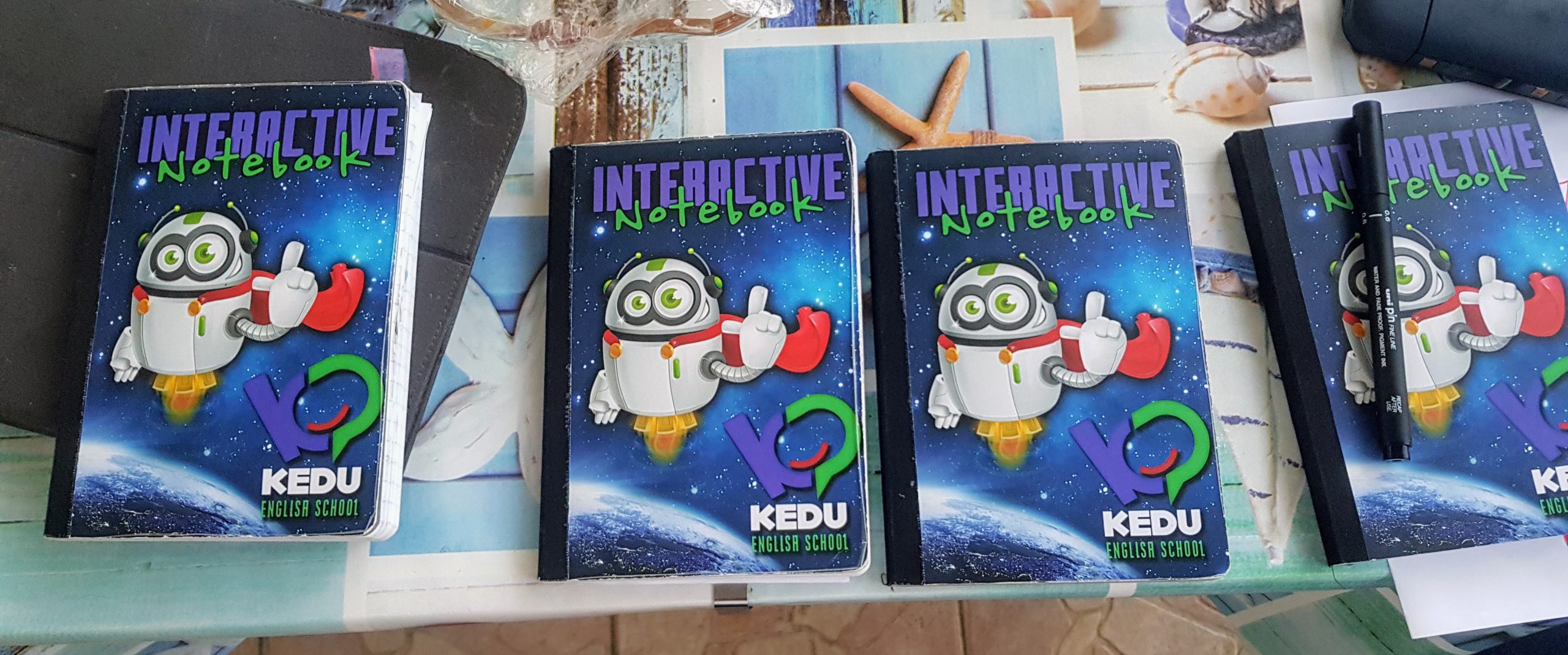Since it is summer and now you guys are all at the beach and enjoying yourselves, I thought that it was time to write a blog post myself here on KEDU.space. So what else would I write about for our language school blog than how languages are learnt. I suppose this post is targeting more advanced learners so I would say you have to be quite fluent to be able to follow me.
Well, firstly, I really believe that a foreign language can only be learnt if you really want to learn that language. It is no use just coming to our classes to learn a language if you really don’t want to. I suppose though you already know this because most of you seem happy to be in classes and are fluent enough to prove to me you do want it!
Next up, I have to add that this year with the pandemic and all, I was really impressed with the overall fluency skills of most students in our school. I really feel that because of our online lessons most of you felt more secure and safe speaking in English and this really showed when we got back to our face to face classes. However, another issue that was observed was that in our face-to-face classes most of you had developed issues with simple spelling mistakes. Be that you were more into typing your writing straight into a computer or phone, thus using a spell checker, or that most of you were writing less because of our online lessons (and the fact that the teacher wasn’t watching too!). Nonetheless, little spelling slips were more noticeable than before the pandemic.
Personally, I believe that fluency over accuracy is much better, but still, there needs to be a balance if you want to reach a high level of fluency. What I suggest is consciously and systematically record vocabulary and using a spaced repetition model, learn new words and phrases every day. The more words and phrases you learn, the more you will increase your fluency level. This needs some sort of a system.
While writing this blog post, I remembered a TED video I had watched recently and thought I should share it with you too. This talk was presented by Lýdia Machová, a language coach and a polyglot. A polyglot is a person who has learnt many languages and I think another characteristic which should be mentioned is that they enjoy learning new languages. One common point I have noticed while watching videos on Youtube about polyglots is that all of them state that they enjoy learning new languages and they all have their own system with one thing in common. This common characteristic is that they all learn new words and phrases regularly to be able to communicate with others language learners around the world.
I won’t say much more because this short post is getting long. Yet I will finish off by reminding you guys to record new lexis in your vocabulary notebooks, even in the summer because one of the best ways to continue to improve your language skills is through learning new chunks of language like words and phrases. If you watch the video below, make sure you check out the Goldlist method for learning new vocabulary, who knows… it might actually work!
-Mr Mike
You can watch the video here:





